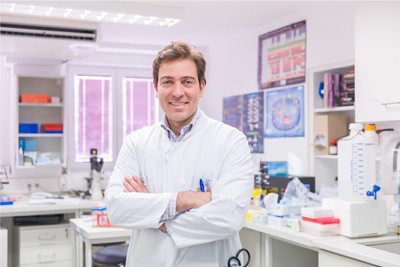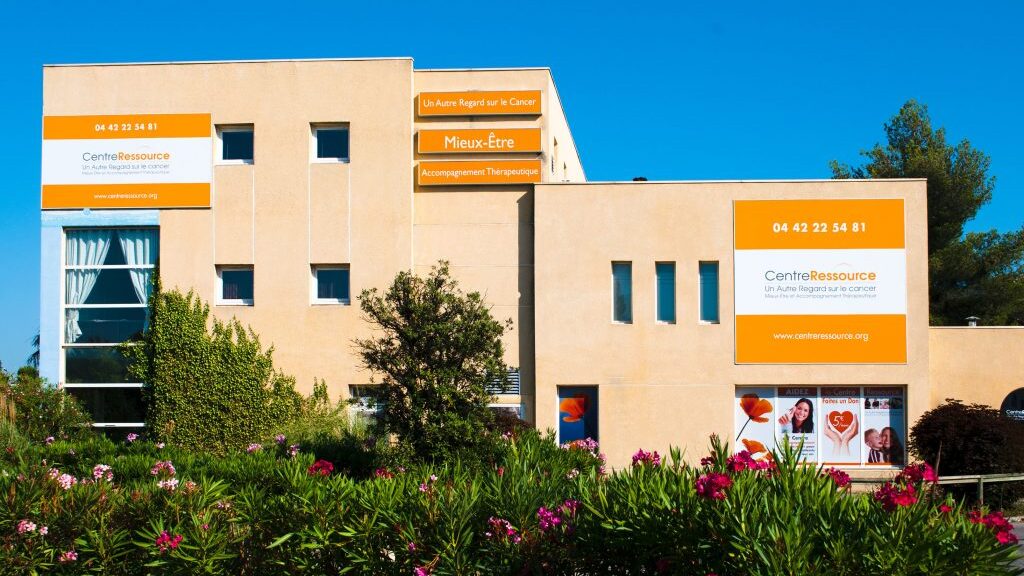Prof. Jonel Trebicka is an expert for liver diseases. He is supervising clinical trials of Versantis’ new drug to treat an acute form of cirrhosis, which is very difficult to treat. Cirrhosis is the 11th most common cause of death worldwide, and because of an unhealthy lifestyle, it is on the rise.

Goethe University, Frankfurt
Prof. Jonel Trebicka is a member of the medical advisory board of Versantis. He is the Principal Investigator of the clinical trial Versantis is undertaking. Prof. Trebicka is hepatologist at the Medical Clinic I at Goethe University in Frankfurt.
There are millions of people with a liver disease called cirrhosis. This chronic disease can turn into an acute one called decompensated cirrhosis, which is quite dangerous. What problems are patients with decompensated cirrhosis struggling with?
Many have ascites, which is an abnormal build-up of fluids in the abdomen. Apart from that, the level of ammonia in their body rises. This leads to many problems. The brain cells start to swell and the patients become dizzy or sleepy. This condition is called hepatic encephalopathy (HE). Many patients suffer from both ascites and HE at the same time. The symptoms are difficult to treat.
The change from regular cirrhosis to the decompensated state can be quite sudden. How does the patient feel that the degradation is taking place?
Some patients are taken to the hospital because their belly begins to swell, or because they don’t feel well. Other patients come with complications such as bleeding or infections. It is very important that these patients are hospitalized and taken care of. Some people think it can’t be that bad. But that’s obviously not the case since this condition can become lethal.
What are the treatments for these patients that are available at the moment?
There are medications that try to reduce ammonia in the body using natural enzymes, but they don’t work very well. Other medicaments change the intestinal flora so that less ammonia is produced, but they have side effects. Doctors use diuretics, which reduce the level of liquids in the body to treat the ascites. But this approach creates other problems as well. All in all, there is no good treatment available at the moment.
“I’m confident the treatment will work well”
The ETH spin-off Versantis proposes exactly this: a new treatment for decompensated cirrhosis. How big is the need for that?
This is a diagnosis no other medications can heal. For the patients, this would amount to a large improvement of their quality of life, which is heavily impaired by the symptoms of the decompensated cirrhosis. They suffer in many ways. For instance, they forget to take their medication because of mental deterioration. Or because of the dizziness, they fall down and break an arm or a leg. Versantis’ new treatment will reduce the ammonia level and may avoid these problems. This reduction is only achievable with a dialysis-like approach (artificial liver support) otherwise, which is a serious intervention.
How does Versantis’ treatment work?
It is quite an elegant approach because to treat ascites and remove water from the body, the physicians need to do a puncture with a catheter anyway. This is a standard procedure that is done frequently. We inject Versantis medications with this catheter in the peritoneal cavity which is the place in the abdomen where the liquid gathers. The medicament consists of liposomes which can capture many toxins, including ammonia, very well. The toxins diffuse from the ascites into the liposomes and are trapped there and are removed through the catheter later.
The regulators have just given the green light for the first-in-human trials to start, which you will supervise as Principal Investigator. How does this study work?
This is the first time the medication is used in patients. We’re working with patients who are stable because with unstable patients we could not tell what the reason for deterioration is. The goal of the trial is to find the right dosage and also to find out how long the medication should be left to work in the body, and how many times it needs to be applied. We’ll try out different combinations, for safety reasons with just one patient at a time.
What surprises do you expect?
I’m confident the treatment will work well. We don’t suspect allergic reactions because liposomes have been used before. They have even been applied intravenously, which is obviously even more invasive than what we do. There might be irritations of the peritoneal cavity, but I don’t expect anything harmful.
So in this first test, the goal is just to establish the safety of the product. But do you expect to get some results which confirm if the medication also accomplishes what it is expected to do?
The patients we’ll work with have just minimal forms of HE which aren’t clinically manifest, they don’t show. But they can be measured with an electroencephalogram and other tests, which monitor brain activity. We’ll take these measurements before and after the treatment. This won’t give us proof but rather a rough idea of the efficacy.
If we suppose that everything goes well, what will Versantis novel medicament mean for doctors?
Doctors would get an instrument they haven’t had before, which means that they can treat the patients better and that they can leave the hospitals earlier. But the main beneficiaries are the patients, which get a treatment that will improve their quality of life. Cirrhosis is on the rise which will become an even larger problem in the future. There are many reasons for cirrhosis, in the western world mainly due to viral infections and unhealthy lifestyle. The patients are stigmatized, they are seen as drunkards or self-indulgent eaters. We shouldn’t stigmatize them. They have an illness and we should improve their situation instead of blaming them.
Written by
WITH US, YOU CANCO-INVEST IN DEEP TECH STARTUPS

Verve's investor network
With annual investments of EUR 60-70 mio, we belong to the top 10% most active startup investors in Europe. We therefore get you into competitive financing rounds alongside other world-class venture capital funds.
We empower you to build your individual portfolio.
More News
17.02.2020
How to identify the right cancer treatment
Dr. Jean-Loup Mouysset is a renowned oncologist based in Aix-en-Provence, France. He was named Ashoka Fellow as a social entrepreneur in healthcare in 2010 because he founded “Centre Ressource”, a patient-centric NGO for cancer patients and their families. Centre Ressource has been awarded numerous other awards as well.
16.09.2019
“Startups in Switzerland have great potential”
EPFL is not only one of the best universities in the world, but also a place where promising high-tech startups are created. Verve Ventures has backed a lot of them. We visited Prof. Martin Vetterli, the president of EPFL, in Lausanne and talked about science, technology, and entrepreneurship.
Startups,Innovation andVenture Capital
Sign up to receive our weekly newsletter and learn about investing in technologies that are changing the world.



